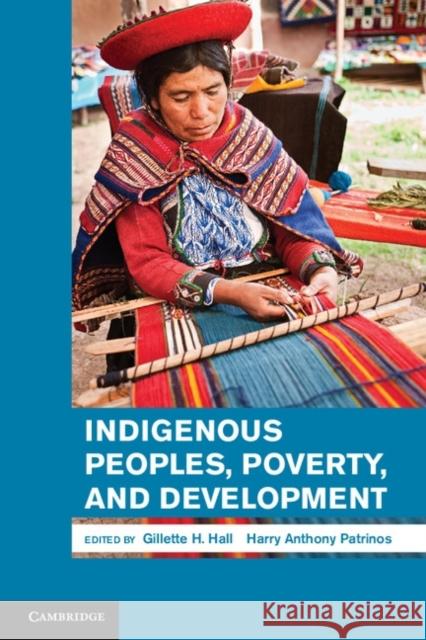Indigenous Peoples, Poverty, and Development » książka
Indigenous Peoples, Poverty, and Development
ISBN-13: 9781107020573 / Angielski / Twarda / 2012 / 426 str.
Indigenous Peoples, Poverty, and Development
ISBN-13: 9781107020573 / Angielski / Twarda / 2012 / 426 str.
(netto: 508,74 VAT: 5%)
Najniższa cena z 30 dni: 483,59
ok. 22 dni roboczych.
Darmowa dostawa!
This is the first book that documents poverty systematically for the world's indigenous peoples in developing regions in Asia, Africa, and Latin America. The volume compiles results for roughly 85 percent of the world's indigenous peoples. It draws on nationally representative data to compare trends in countries' poverty rates and other social indicators with those for indigenous sub-populations and provides comparable data for a wide range of countries all over the world. It estimates global poverty numbers and analyzes other important development indicators, such as schooling, health, and social protection. Provocatively, the results show a marked difference in results across regions, with rapid poverty reduction among indigenous (and non-indigenous) populations in Asia contrasting with relative stagnation and in some cases falling back in Latin America and Africa. Two main factors motivate the book. First, there is a growing concern among poverty analysts worldwide that countries with significant vulnerable populations such as indigenous peoples may not meet the Millennium Development Goals, and thus there exists a consequent need for better data tracking conditions among these groups. Second, there is a growing call by indigenous organizations, including the United Nations Permanent Forum on Indigenous Peoples, for solid, disaggregated data analyzing the size and causes of the development gap. "











